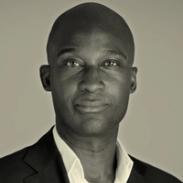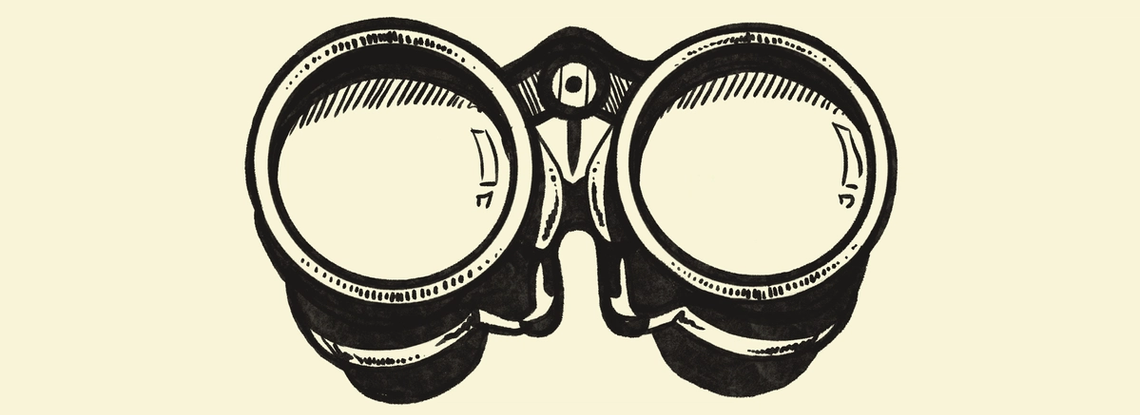 Reuters/Tiksa Negeri Reuters/Tiksa NegeriTHE NEWS ADDIS ABABA — Ethiopia wants to build an open digital economy, but it’s also indefinitely blocking major social media platforms for unspecified security reasons. Since February, when the Horn of Africa nation banned Facebook, TikTok, Instagram, Telegram and YouTube, its struggling economy has lost more than $140 million, according to estimates by Center for Advancement of Rights and Democracy (CARD Ethiopia), which has campaigned for the end of the restrictions. Prime Minister Abiy Ahmed’s government raised hundreds of millions of dollars in licensing fees from telecoms investors and other financial institutions keen to gain entry to the once completely closed Ethiopian economy, home to Africa’s second largest population. This month it announced a new license to bring in a third phone company to the country and approved a mobile money license last month for Kenyan phone company Safaricom. But investment in the digital economy hasn’t followed. In the last few years — as ethnic tensions spiked, leading to local unrest, then regional conflict, and eventual civil war in 2021 — the government has targeted activity on social media platforms, led by Facebook as one of areas of concern. “The perception that we shut down the internet is something that the digital investor would never take a risk on,” said Addis Alemayehou, a local startup investor. KNOW MORE Social media use has grown quickly in Ethiopia and is dominated by Facebook, with nearly 7 million monthly users. The latest shutdowns of social networking sites are part of a long pattern of limiting or completely blocking internet use for a variety of reasons, including during national exams to prevent cheating, anti-government protests, international gatherings and conflicts, most recently in the Tigray region, which saw a shutdown that lasted for almost two years. SAMUEL’S VIEW The frequent internet interruptions hurt Ethiopians trying to do everything from paying bills to watching YouTube videos. And that’s been noticed by international investors contemplating a bet on the massive growth potential of a huge, long-underdeveloped digital market. The country’s Digital Ethiopia 2025 strategy, which launched in 2020, was meant to market the nation to investors in areas of telecommunication and aviation as a way to liberalize the economy. In 2021, as civil strife escalated in northern Ethiopia, Kenya’s Safaricom became the first international investor to enter the telecom sector, ending a state monopoly. But it offered only $850 million for a 15-year license, a fraction of what was anticipated from the Ethiopian government amid lukewarm interest from other bidders. “For Ethiopia, the service sector has a significant contribution to the economy, even more than the manufacturing sector,” Fassil Gebretsadik, an investor, told Semafor. “Internet interruptions kill the prospect of growth and would be a challenge to attract more investors to it.” This year, the government is offering a second telecommunications license — but that, too, is expected to reap disappointing bid amounts. It also licensed Safaricom to start operating its signature mobile payment system, M-Pesa. But with frequent internet interruptions, sustaining the mobile payment service could be a tall order. THE VIEW FROM ADDIS INFLUENCERS Many young Ethiopians turned to virtual private networks — allowing them to look like they were logging in from Europe or North America — to circumvent Ethiopia’s social media restrictions, creating a business boost for some local social media influencers. A popular young YouTuber, who asked to remain anonymous, said his income has jumped since the beginning of the year. “I was worried about the internet blockade in the beginning, fearing it would impact my business. I now earn upwards of $20,000 a month, more than three times what I was earning last week,” he said. ROOM FOR DISAGREEMENT Abiy, during his address to parliament last week, said the continuing suspension of social media is due to civil unrest and the distribution of misinformation that threatens national stability and cohesion. | 






